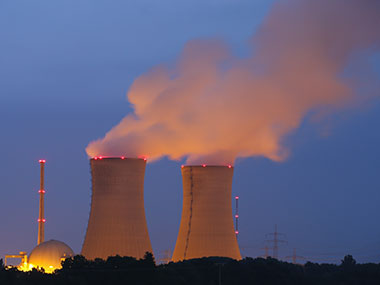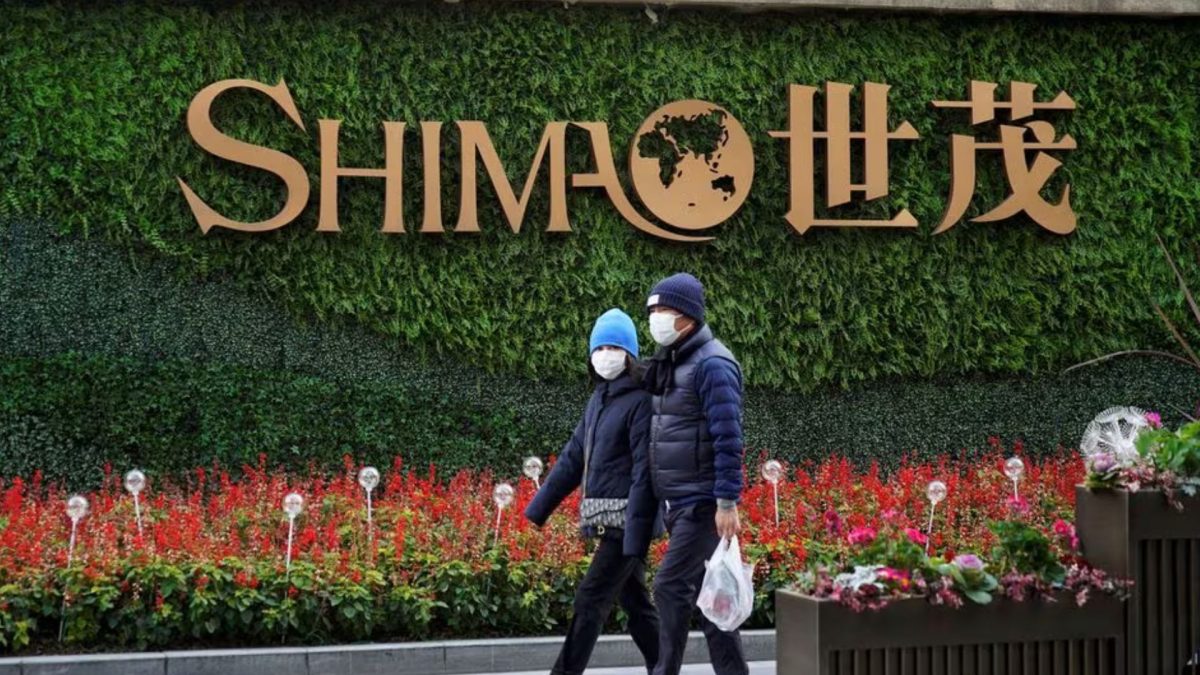In order to sensibly analyse what is happening over India’s possible admission to the Nuclear Suppliers Group (NSG), one must take account of how the global political scene has changed over the past eight years, since India was given a waiver in 2008.
The most obvious change is China’s emergence as a superpower. It does not yet project power across the globe as much as the US, but it is less chary of arrogating global power to itself than it was eight years ago. Its influence over other countries has increased significantly; willy-nilly, that has dented the ‘globo-cop’ role which the US was able to take on after the collapse of the Soviet Union a quarter-century ago. That Russia has made a strong comeback on the world stage in the new century has further decreased the reach of the US’s power. So has the failure of its ‘shock-and-awe’ invasion of Iraq.
A related change is that China has adopted Pakistan as a key economic, political, and military ally. Indeed, Pakistan is now arguably China’s most trusted strategic ally. Chinese troops are deployed in parts of the Jammu and Kashmir state controlled by Pakistan, and an extraordinary economic corridor is coming up through that state all the way to the Arabian Sea. It is slated to be China’s most important neo-‘silk route.’
Since at least the 1970s, the two countries’ cooperation has focused most sharply on nuclear power; China has either given, or helped Pakistan to develop, technologies and hardware for nuclear weapons, fissile material and missiles. Even beyond the nuclear field, the two countries’ military cooperation has increased tremendously over the years.
One must therefore understand that China’s resistance to India’s admission to the NSG is to a large extent an integrated Sino-Pakistani resistance. Pakistan has been antagonistic towards India since its birth. India needs to get used to the fact that China too is not positively disposed.
It has become clear since 2008 that China wants to keep India uncertain and under pressure. Since the end of that year, its troops have made periodic forays into territories of Jammu and Kashmir that India considers to be under its control. China had also stopped issuing visas on the Indian passports of citizens from that state. And it has, during this period, made it clear that it considers the state to be disputed, and that it sees a role for itself at the negotiating table for a resolution.
When India was given a waiver in 2008, US President George W Bush had gone out of his way to exert his country’s considerable pressure on a range of member countries. Since then, sections of the US establishment may have been disappointed in their expectations of nuclear-related sales to India — which has rightly demonstrated that it will decide each purchase on merits according to its interests.
On the other hand, Pakistan and China have obviously done a lot of spadework in the world’s chanceries this time round. According to reports, Brazil, Austria, Ireland, New Zealand and Turkey raised objections. Most objections have centred, either explicitly or implicitly, on the need to establish norms for admission that would allow the Group to deal with a Pakistani application. The behaviour of Brazil, which is in the throes of a messy political transition, is particularly intriguing.
The US should have been able to influence the acting government quite easily. Perhaps that happened overnight after Thursday’s round of discussions in Seoul. For, according to reports, Brazil was among the countries that supported India on Friday.
India’s case was brought up by Japan, which occupies the high moral ground on the issue of nuclear proliferation — as the only country to have suffered nuclear weapon strikes. India also had strong support from France – a leading seller in the nuclear market.
India can take comfort from the fact that its diplomacy succeeded to a large success. Prime Minister Narendra Modi did well to ask Chinese President Xi Jinping to consider the issue of India’s admission objectively on its merits. In diplomacy, what is left unsaid is as important as what is said. At this juncture, it would have been counterproductive to acknowledge that India sees that China is closely aligned to Pakistan.


)




)
)
)
)
)
)
)
)